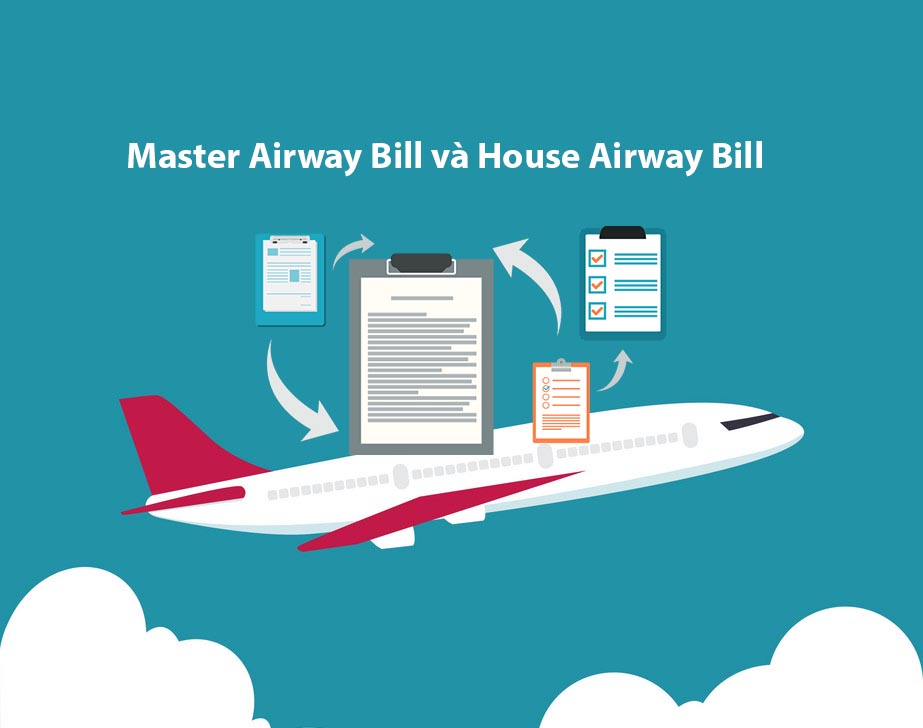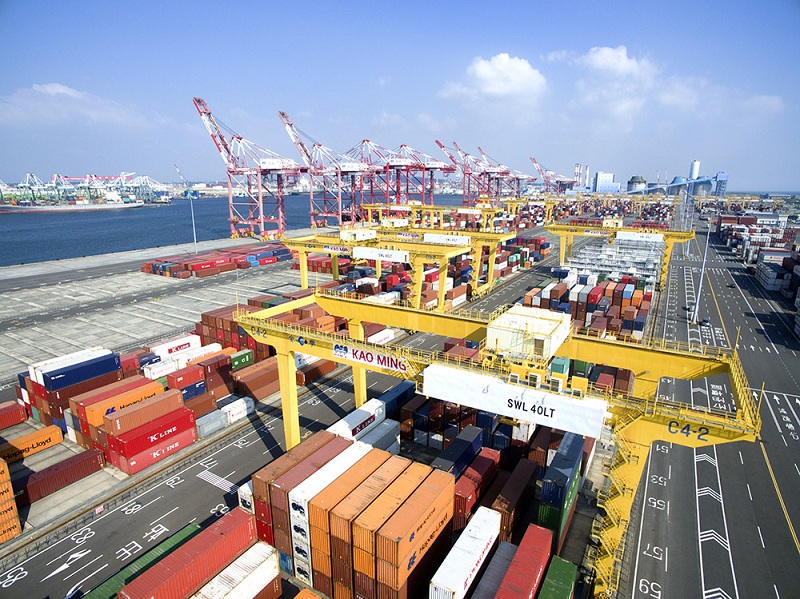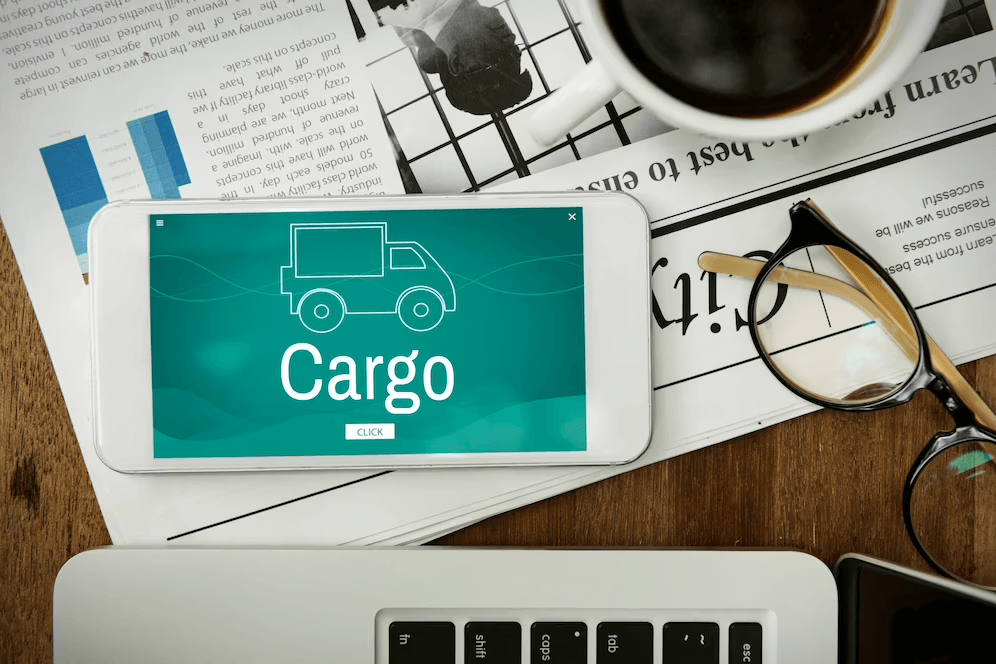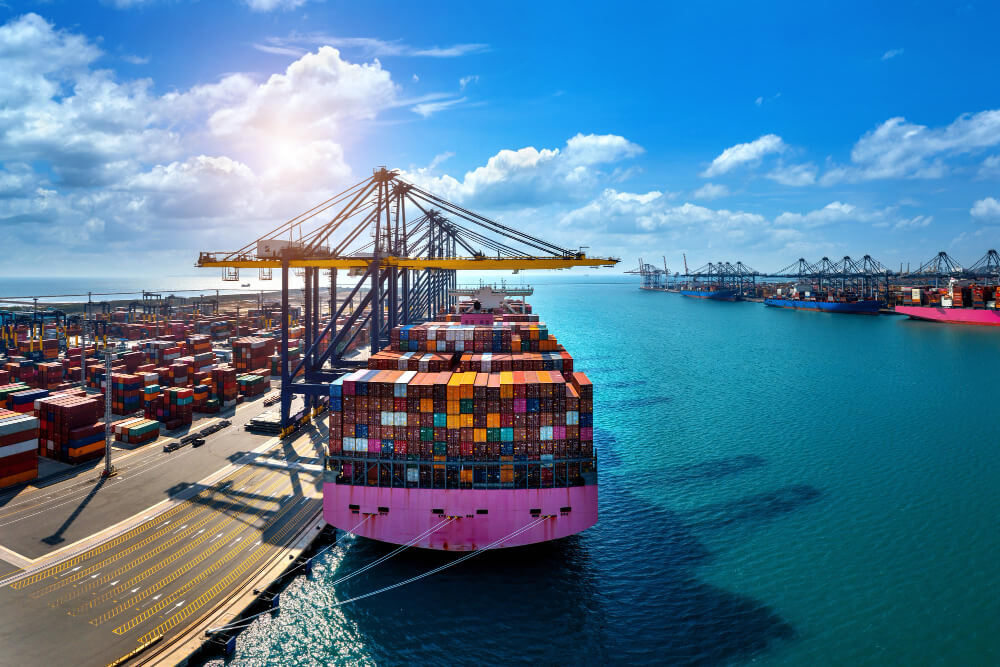Incoterms 2023: Meaning, List of Incoterms
If you are shipping goods, knowing your incoterms is essential to understanding who is responsible for what in your supply chain.
Read on to learn all about incoterms and how to choose the right one for your shipment.
Incoterms in Plain English: A Guide to Incoterms for Shipping Freight
1.What are Incoterms?
2.How Incoterms affect your shipping costs
3. Types of Incoterms
4.Incoterms for air transportation
5.Why are Incoterms important?
6.Which Incoterms should I use?
7.Key differences specific to a country
8.When to challenge advice
9.What does shipping Incoterms not cover?
10Identify the location named in the sales contract
11How to choose Incoterm letter of credit
12.Individual Incoterms
What are Incoterms?
Incoterms (International Commercial Terms) are standard terms used in sales contracts for import and export. They are used to determine responsibility and liability for goods during transport. In other words, they spell when responsibility for the goods passes from the supplier to the buyer. They also determine who pays what costs for their goods and shipping.
How Incoterms affect your shipping costs
You can use our freight rate calculator to help you decide how different incoterms will affect your freight costs. For example, when shipping EXW, you will be responsible for the additional costs of getting the goods from the supplier to the seaport or airport. Simply choose container, box or pallet shipping, enter your dimensions and weight and you'll receive an instant estimate of freight costs.
Types of Incoterms
FOB (Free On Board), EXW (Ex Works) and FCA (Free Carrier) are the most famous incoterms but there are many more options. Which one is right for you depends on factors including the type of goods you're shipping, your experience as a shipper, and your relationship with the supplier.
Most incoterms can be used for any mode of transport. The exceptions are FOB, FAS, CFR and CIF, which are used for ocean freight only.
Incoterms for air transport
Incoterms commonly used for air shipments are:
EXW (Ex-works), where the buyer is responsible for the seller's warehouse and takes care of everything including shipping and insurance.
CIP (Carriage and Insurance), places the responsibility of insurance on the seller.
CPT (Carriage Paid To), in which the seller delivers the goods and includes all fees associated with delivering the goods to the specified destination. After delivery, the buyer is responsible.
DDP (Delivered Duty Paid), places most of the obligations on the seller. They carry all the costs and risks of shipping, insurance and customs clearance. This is the only incoterm that lists the seller as the importer of record at the destination.
DAP-Delivered at Location, where the seller covers the costs associated with primary transportation but is not responsible for customs clearance.
Why are Incoterms important?
Importers and exporters should consider which incoterms are best for them before a sales contract is negotiated. This can prevent unexpected costs and unnecessary complications.
Choosing an incoterm means getting on the same page with your supplier – it aligns everyone on shipping procedures when there are multiple parties and stakeholders involved. These globally accepted terms ensure timely payment of goods, services and obligations, while protecting suppliers, carriers and buyers.
Incoterms Chart, List &PDF
Check out this quick reference to Incoterms and a breakdown of who is responsible for what at different points in the international supply chain.
Which Incoterms should I use?
Here are some of the most common incoterms and when you might choose them:
FOB (Free on board)
This very common Incoterm is for ocean freight only, and means responsibility and liability passes on the costs to the buyer when the goods are loaded “on board” the shipping vessel.
EXW (ExWorks)
ExWorks incoterm means that responsibility transfers to the buyer at the supplier's warehouse and not on board the vessel.
This means that the buyer pays and is responsible for shipping the goods every step of the way, from door to door. All the supplier needs to do is prepare the goods for receipt.
This Incoterm gives the buyer complete control over the cost of shipping the goods, but also means they are responsible for everything that happens in the country of origin - which is often not their country of residence. More experienced shippers may benefit from using this incoterm.
FCA (Free Carrier)
When using FCA, the buyer bears the responsibility and costs when the goods are loaded onto the mode of transport or delivered to a specific location agreed upon by the buyer and seller – usually this is a port.
This Incoterm is used for all modes of transport.
With FCA, the supplier is responsible for packaging and shipping at origin. This means the supplier has more responsibility than with ExWorks, but the buyer still bears the costs and responsibility sooner than when using FOB.
The main difference is specific to a country
The advice above covers most countries in most cases. But there are some factors to keep in mind when choosing incoterms with your supplier:
Customs procedures are much more relaxed at porous borders, as in the EU
Different countries require different procedures and paperwork for shipments: USA requires a Customs Bond, imports to the UK require a Deferral Account and exports from India include includes withholding tax.
When to challenge advice
Some freight forwarders prefer to use only one set of favored incoterms because they “seem to work.” Therefore, do not be surprised if some forwarders refuse to choose your incoterm, even though it is the most appropriate incoterm for your shipment.
What shipping Incoterms do not cover
Incoterms do not cover property rights, possible force majeure situations and breaches of contract. Include these in the sales contract. Similarly, all incoterms except clauses C do not assign responsibility for arranging insurance. Therefore, cargo insurance is a separate cost for the buyer.
Identify the location named in the sales contract
When the incoterm is written in the sales contract, the named location must immediately follow the three-letter incoterm abbreviation, for example: “FCA Shenzen Yantian CFS.” Be precise when determining location, especially with larger cities that may have several stations and with larger stations that may have several drop off points. You can use this global port finder to find specific port codes.
How to choose Incoterm letter of credit
If the sale is being completed by letter of credit or documentary credit, the funds release chain begins with the seller providing certain documents to the bank, including the bill of lading/air waybill. Letters of credit are used when there is limited trust between the seller and the buyer.
F-clauses require trust because if the buyer cancels an international transit, the supplier will not have a bill of lading to present to the bank. Clause D requires trust because the seller must bear all shipping costs. That makes the four C terms the best choice for use with letters of credit.








